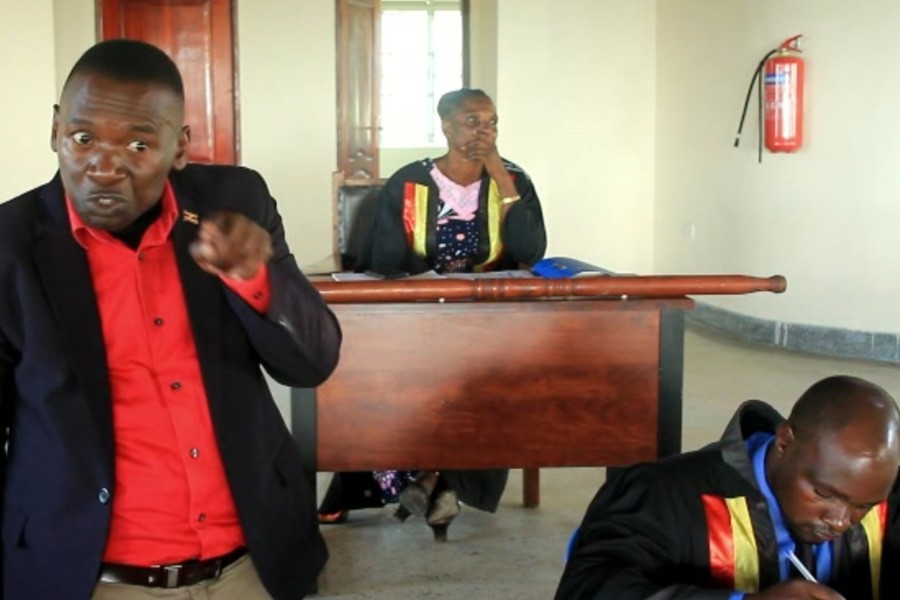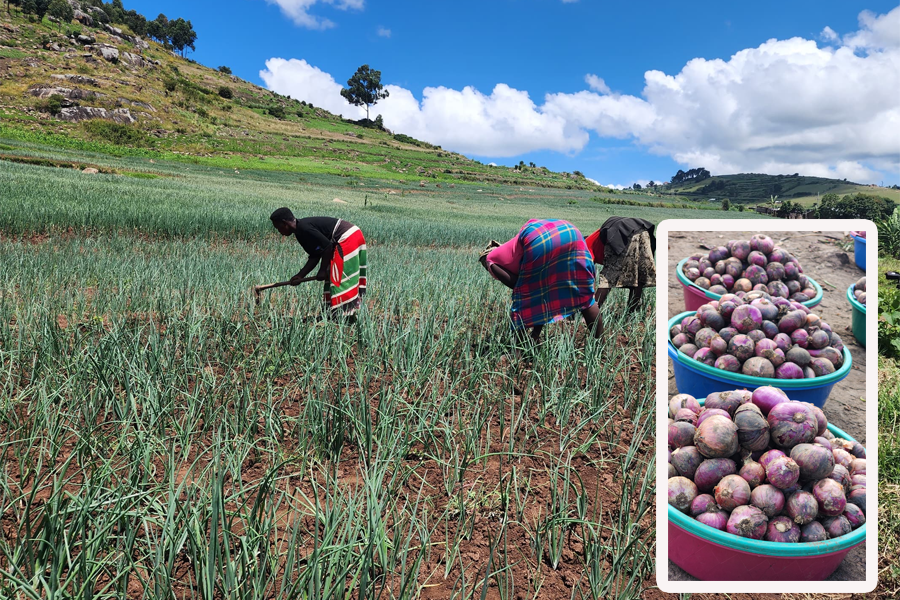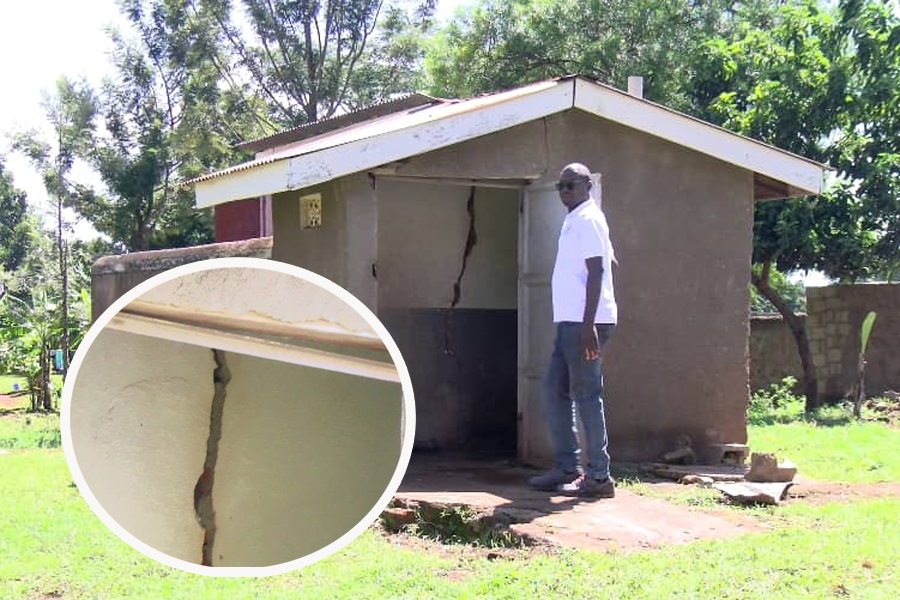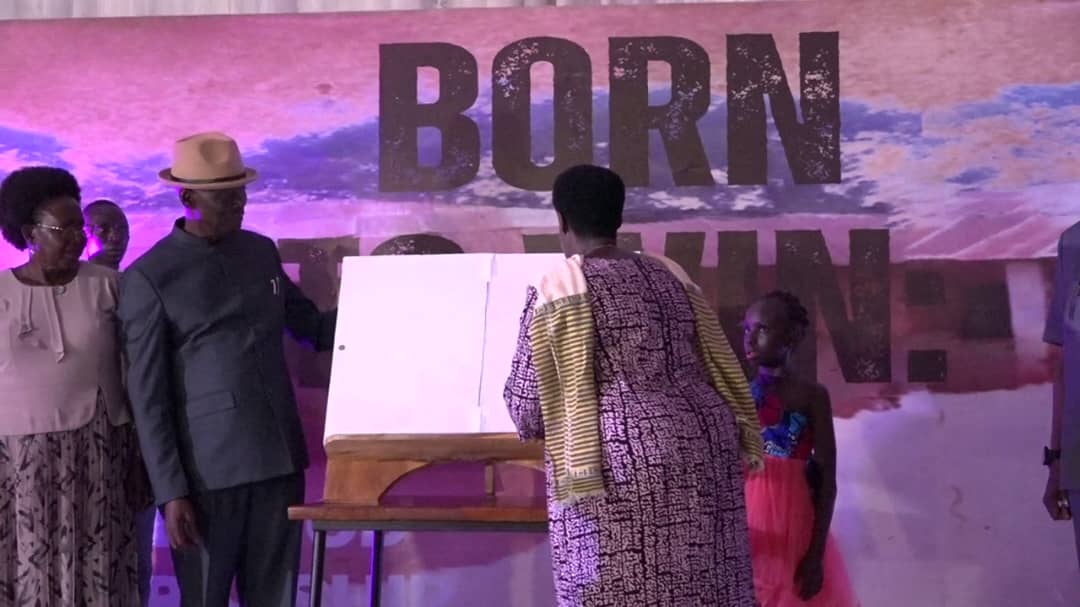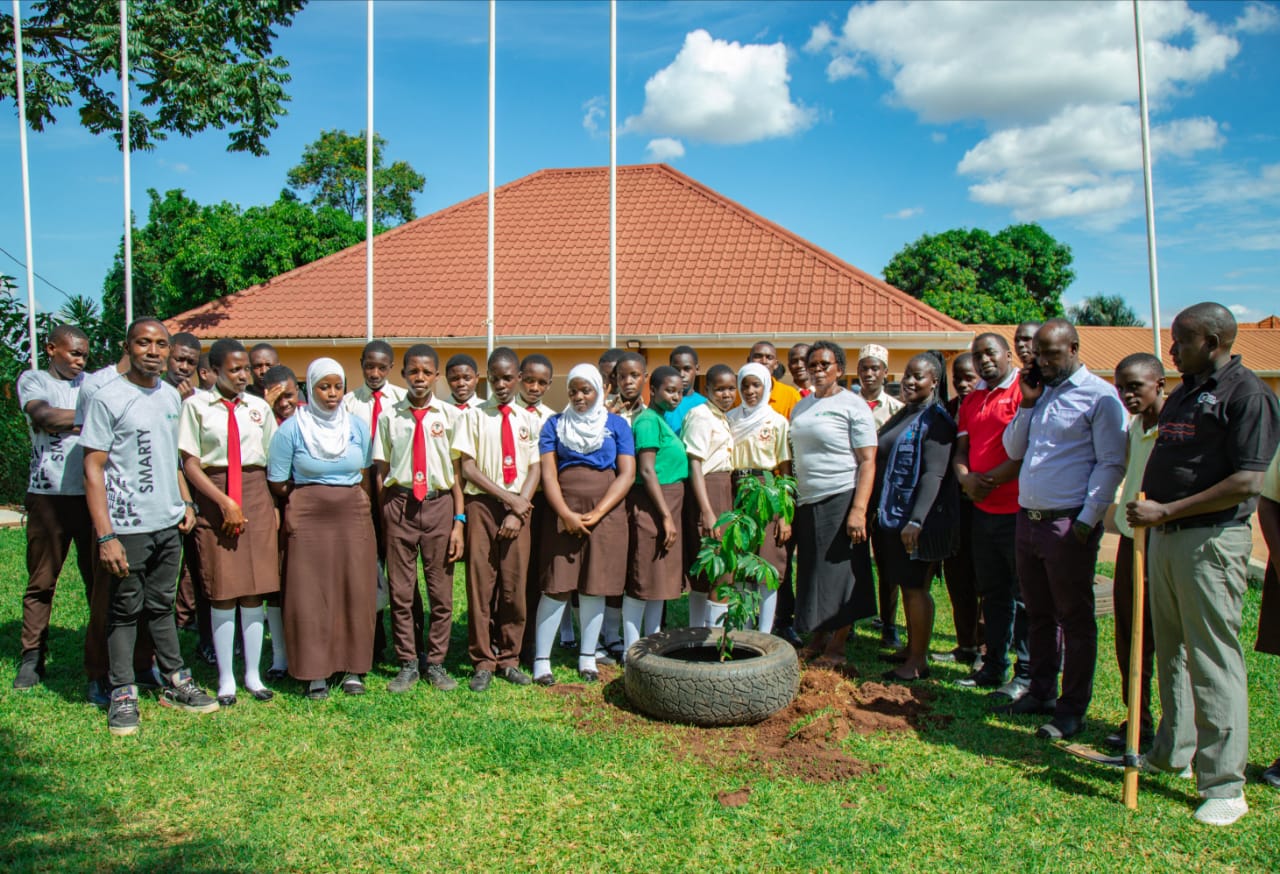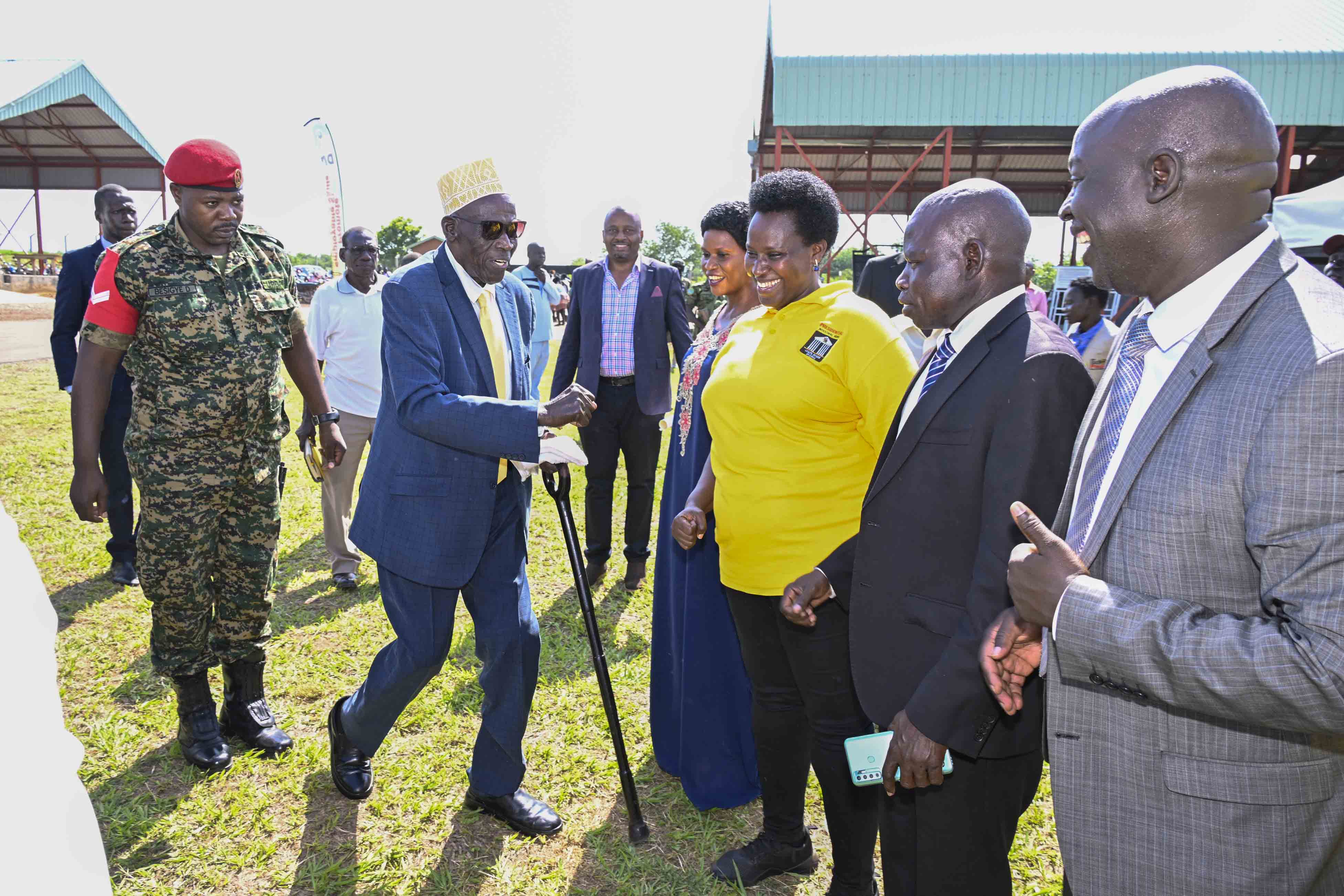Government resumes free electricity connection policy
Government has announced the resumption of the free electricity connection policy that allows customers connected to electricity free of charge.
In 2018, govenrment launched the Electricity Connection Policy, a free electricity connection policy where customers were required to pay only shs20,000 for inspection and government caters for the remaining connection fees in a move aimed at increasing the number of power connections around the country.
Keep Reading
Government however pulled the plug on the project last year after accumulated arrears to power companies caused by COVID-19 financial constraints.
However, while addressing journalists on Wednesday, the Energy Minister, Mary Gorreti Kitutu revealed that government had resumed the project after sorting out some issues.
“The planned high number of new connections requires a corresponding high budget provision from Government which became a challenge especially after the outbreak of Covid-19 pandemic due to many competing demands for resources and this caused significant delays in making new connections by the service providers. Besides the backlog, new electricity connection applications, government was in arrears for connections made by service providers totaling to shs103 billion,”Kitutu said.
“However, the launch of the resumption of the ECP today, will pave way for subsidized electricity connection to customers within one pole services. The policy has also been revised to accommodate those who are able and willing to pay to do so, in cases where government has no resources to implement the policy.”
Last year, power distribution company, Umeme announced they had suspended implementation of the free connection project after running into arrears that had not been paid by government for the connections they had so far made.
However, on Wednesday, the Energy Minister said government has already released some of the money owed to it by electricity distribution companies as part of the free connection policy to be paid in two quarters.
“Utilizing government of Uganda funds for the financial year 2020/21 releases, government has allocated shs14.2 billion to UEDCL and small service providers to partly pay for already made connections and commence new connections on March,8, 2021,”Kitutu said.
She said the shs14.2 billion to UEDCL will enable resumption of the free election policy starting with no pole connections starting next week for all serving providers.
According to Kitutu, the Rural Electrification Agency, which is the implementing body for the free electricity connection program has procured over 87500 connection materials under the African Development Bank funding in addition to the 2,598 connection materials under the Islamic Development Bank funding as part of the efforts to ensure the resumption of the program countrywide.
“We want to have 60% of Ugandans connected to electricity by 2027 and that is our target. To achieve this, we want to increase the number of connections made annually from the average of 70,000 before the policy was made to 300,000.”
Ugandan government officials have always boasted of having excess electricity at the country’s disposal but many people have questioned the notion since the power tariffs are still very high.
Uganda produces 1,254 Megawatts from all its power generation plants across the country.
When asked to comment about the same, the Energy Minister admitted that the power tariffs are still very high but noted that this is brought about by the few connections.
“We consume only a small fraction of the electricity produced by our dams yet these power plants are servicing loans and the money to pay the loans can only be recovered through tariffs. We can lower the tariffs through more connections and it is the reason government has constructed many industrial parks to help consume the excess electricity,”Kitutu said.
The resumption of the free election policy will be a sigh of relief to customers whose applications had remained pending whereas many others could not afford the connection fees that had jumped from shs20,000 to shs720,883 for a no pole connection, shs2.3m for one pole bare conductor and shs2.7m for pole with insulated conductor connection.








